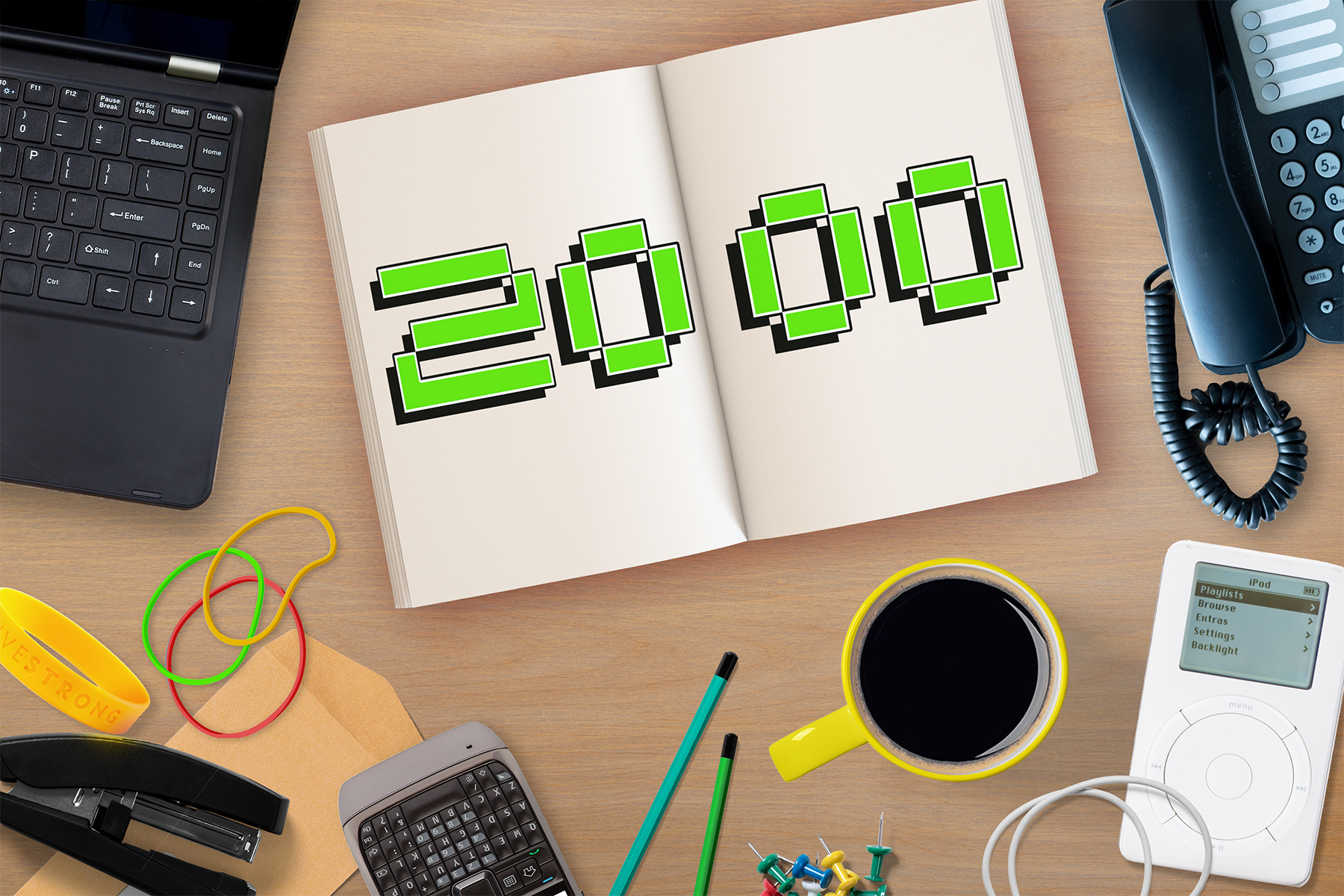
- Home |
- Search Results |
- Books that defined the 2000s
The dawn of the 21st century sounded like the future. In reality, it also arrived with a mixture of optimism and trepidation. As the seconds ticked towards 01/01/2000, there was a much-publicised fear that a “Millennium Bug” would cause global technology to crash, and planes to fall out of the sky.
The Bug didn’t land at midnight – but early in this decade, shattering events would alter the world irrevocably: the atrocity of the 9/11 attacks; the subsequent, sprawling horror of the so-called “war on terror”.
The preceding decade obviously hadn’t been free from global conflicts, but the Noughties might have been a blockbuster sequel, with warfare increasingly presented as a real-time “shock and awe” media spectacle. Conflicted emotions would be channelled through creative expressions, from books to movies and music. The rising digital age also brought a DIY ethos, and the possibility that anything from a story to a video clip could prove a viral hit. The impact of youth culture could no longer be side-lined. Mainstream books began to feature a richer disparity of human experience, voices and perspectives. If this decade was marked by uncertainty, it also evoked an exploratory spirit – with multi-genre books exploring where we came from, and where our world might be heading next.
Cloud Atlas (2004) by David Mitchell
British author David Mitchell had experimented with tricksy narrative structures in works including his 1999 debut Ghostwritten; he expanded on this to particularly grand effect in his third novel Cloud Atlas: an odyssey spanning 1,000 years across space, time and fictional genre: including historical drama, environmental mystery and dystopian sci-fi. The book’s matryoshka-style form had each different story emerging from the last, and ultimately resolving in reverse chronological order. This proved harder to replicate in the 2012 Hollywood adaptation, but Mitchell’s story-telling (and unexpectedly playful touches) prompted enchantment, bewilderment, and equally lavish reviews. The Times opined that “The novel’s scale, ambition and execution make almost everything in contemporary fiction look like a squalid straggle of Nissen huts”.